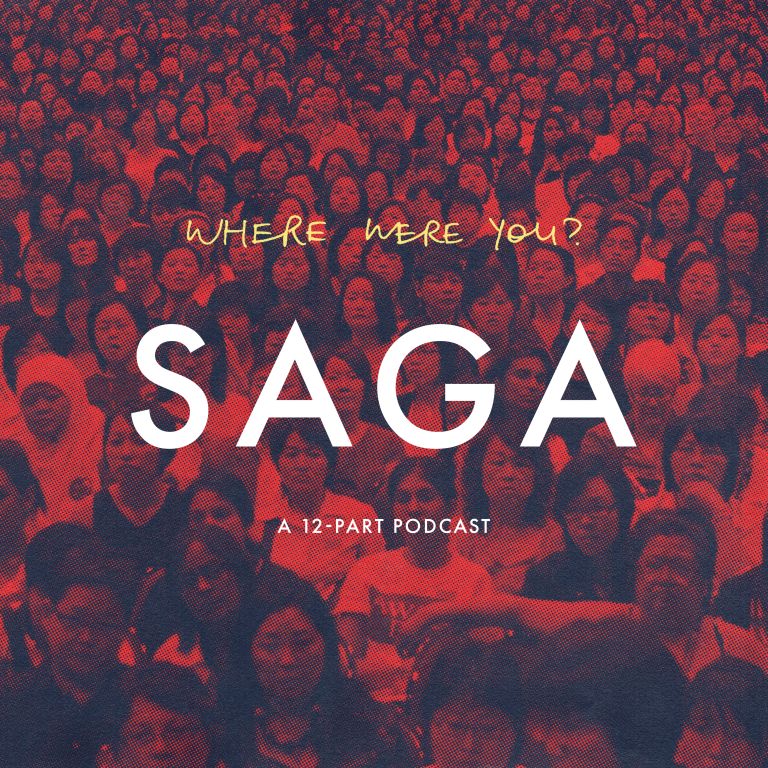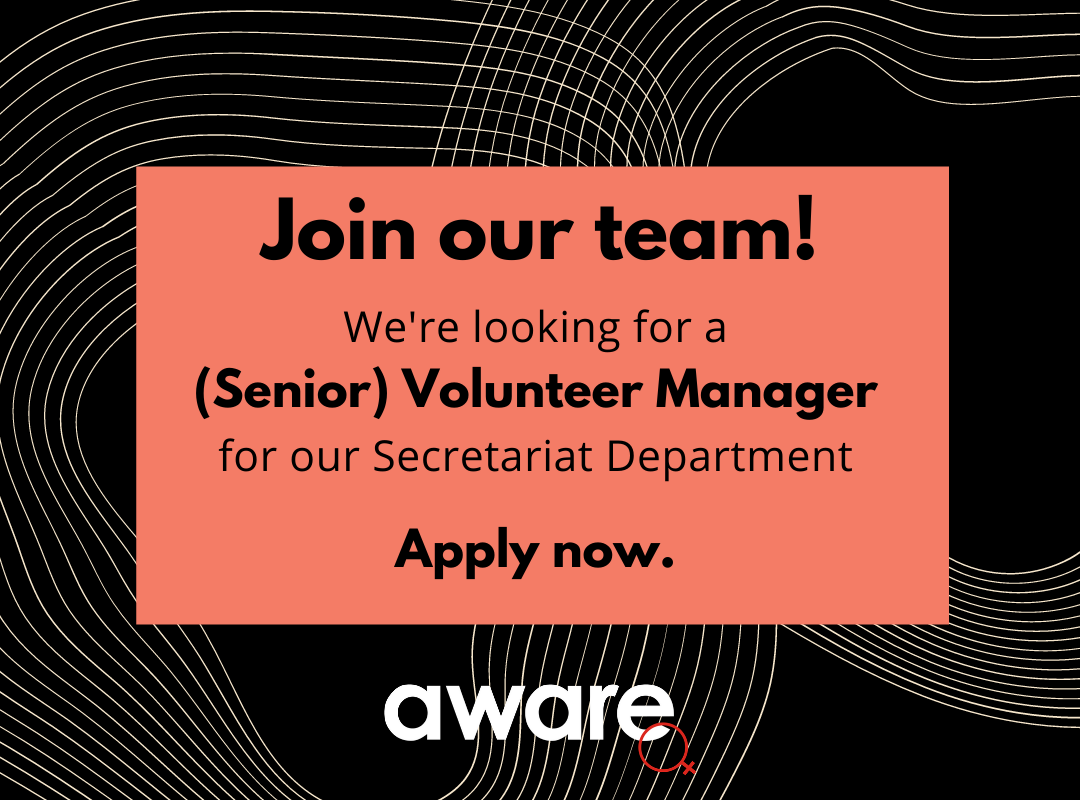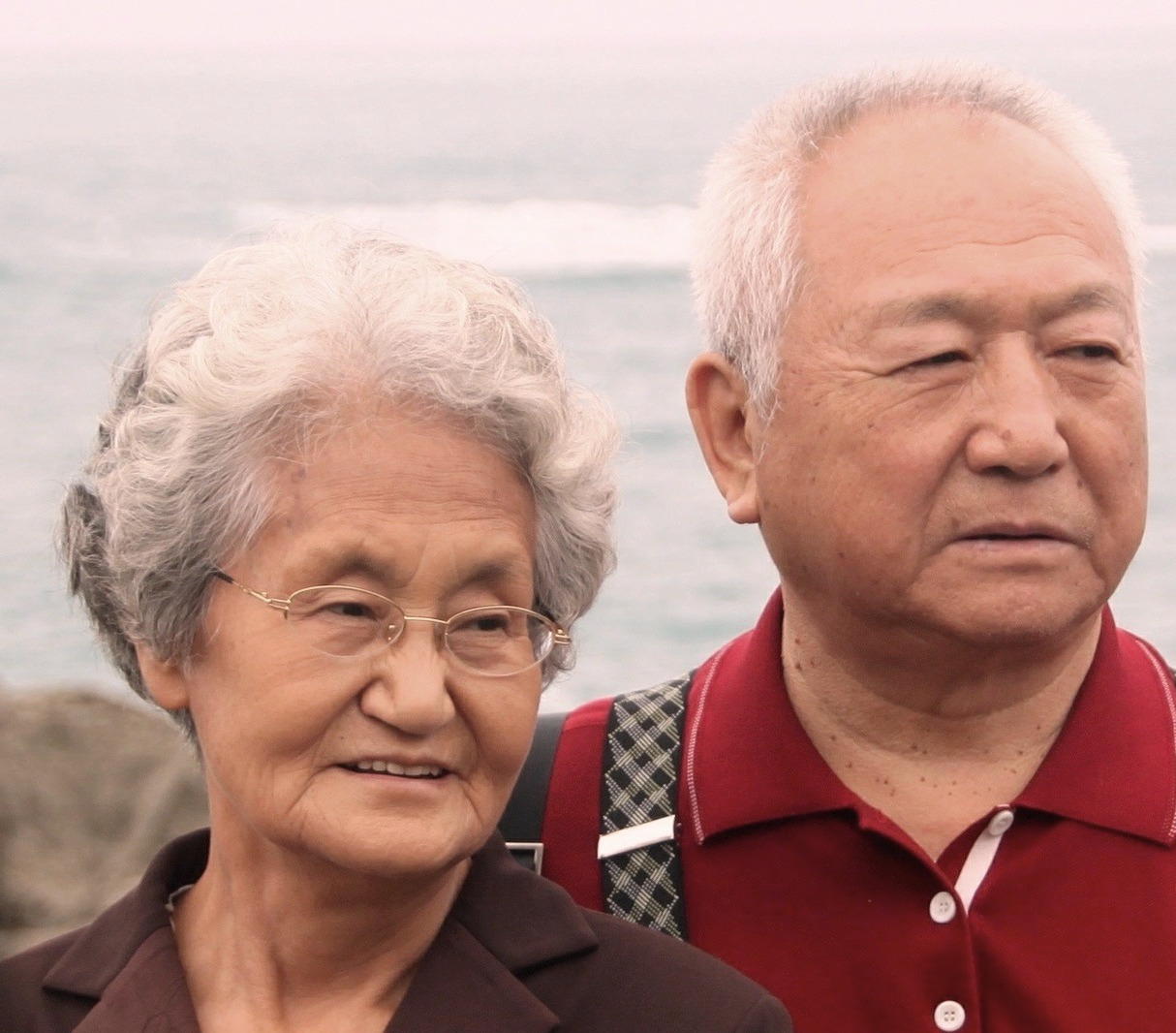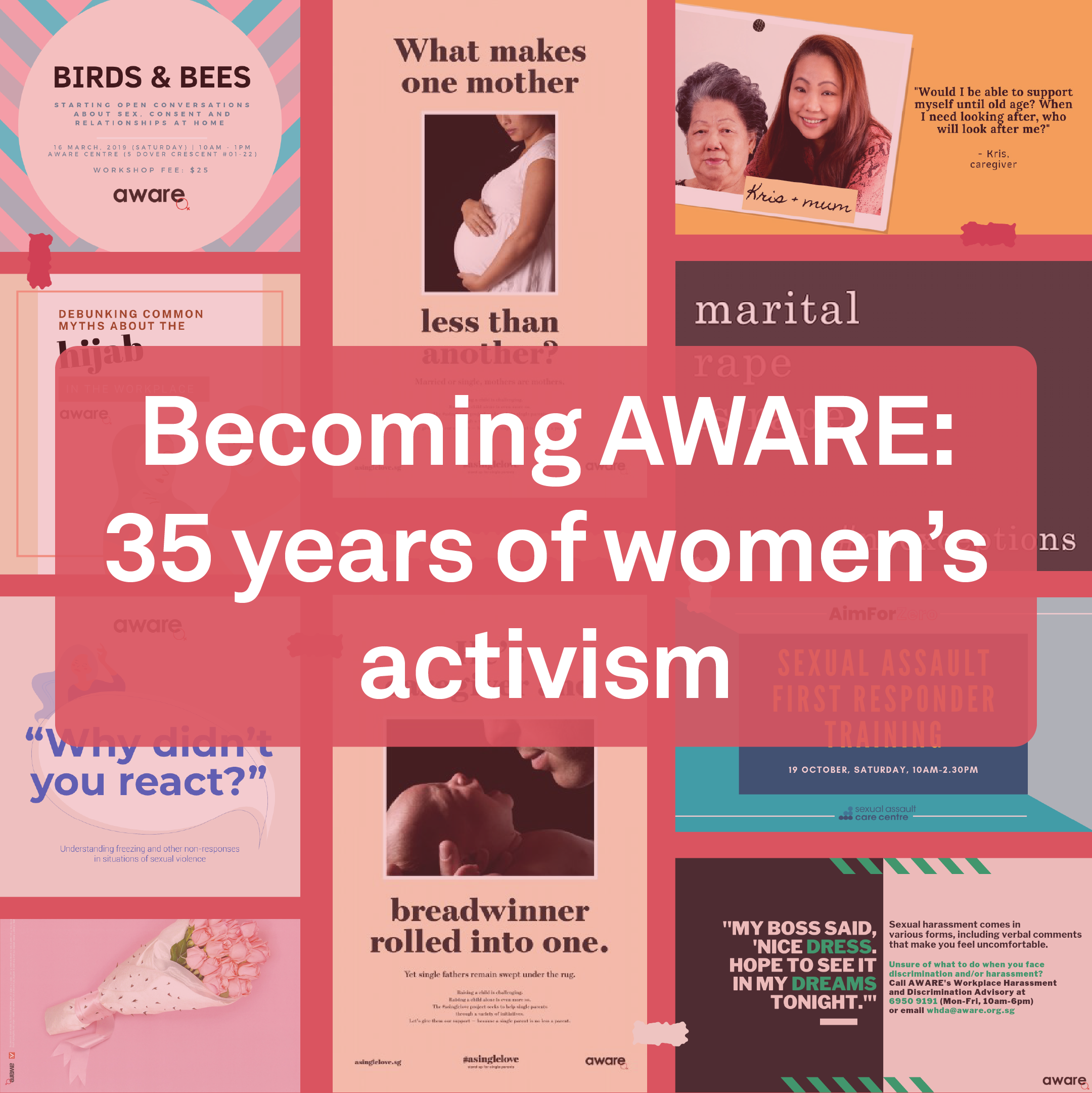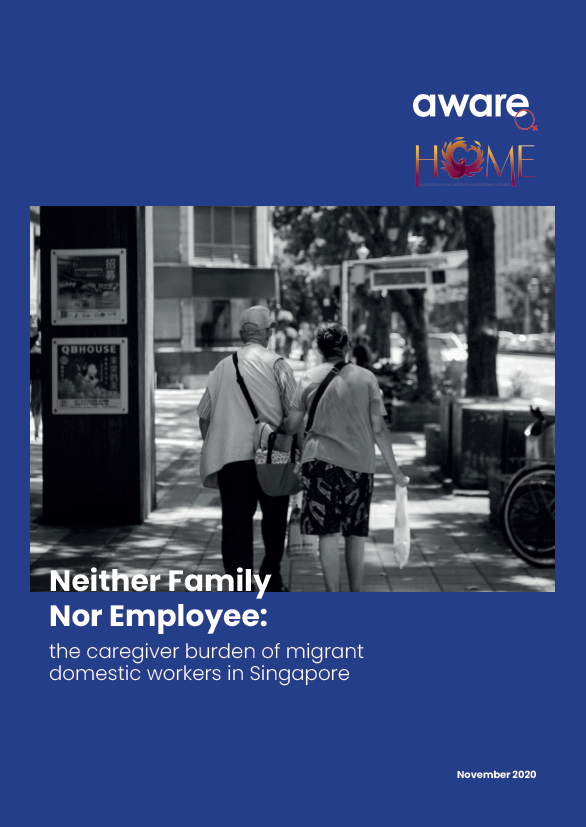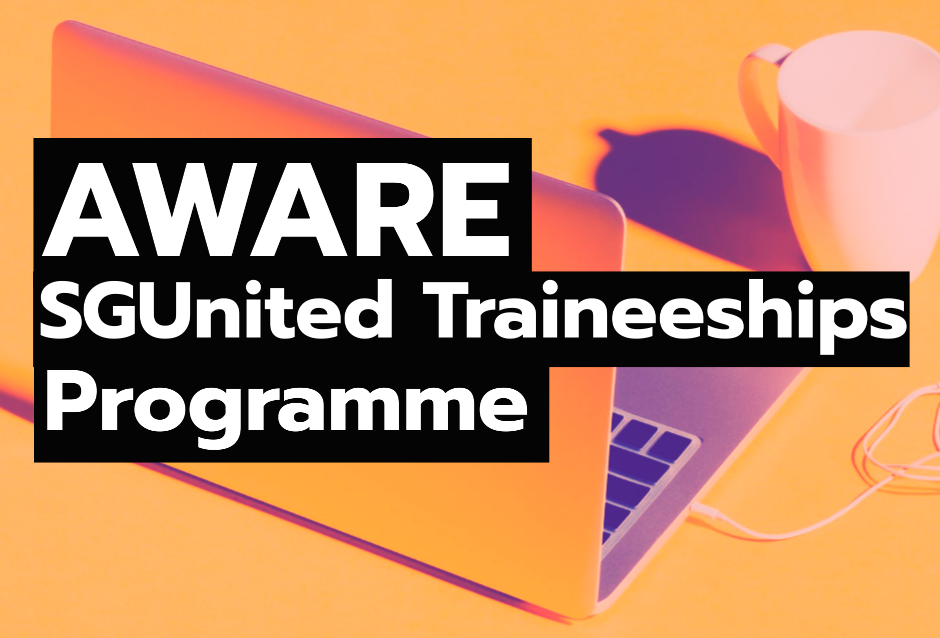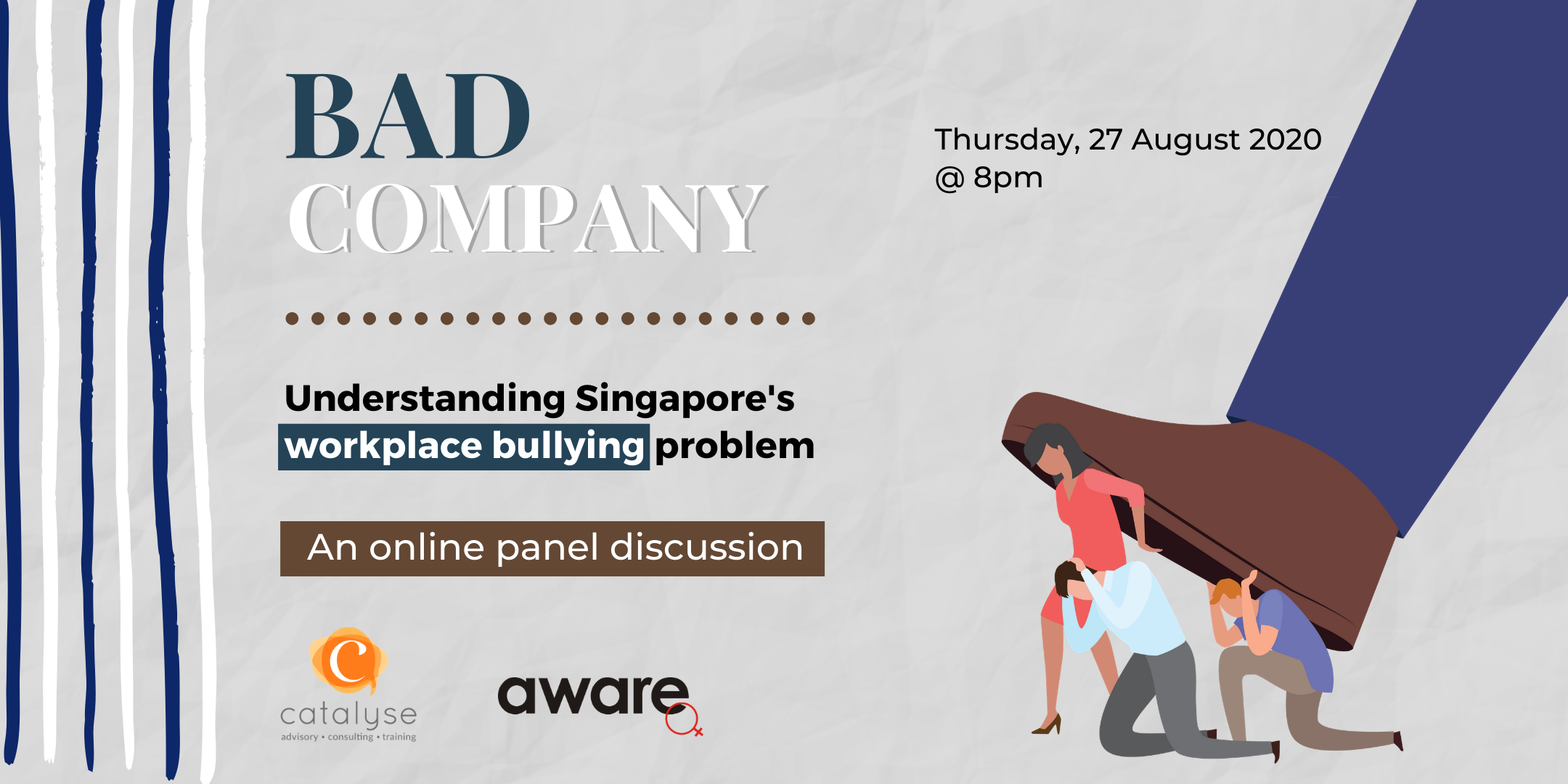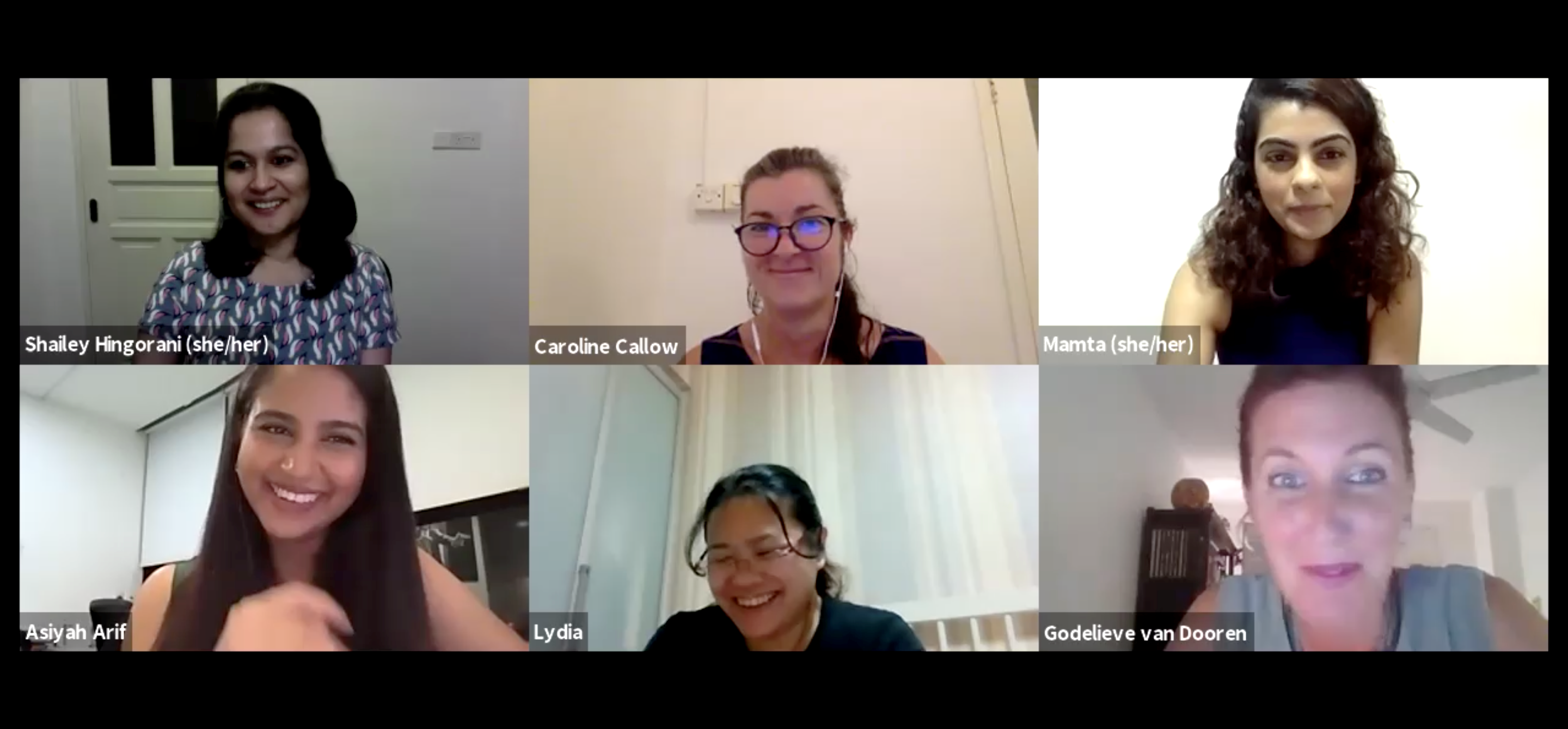
This post was originally published as a press release on 15 October 2020.
15 October 2020 – A coalition of 11 civil society organisations have come together to submit a joint report to the United Nations, as Singapore prepares for its third Universal Periodic Review (UPR) scheduled for 2021.
The submission’s contributing members are AWARE, Freedom of Information Singapore, Humanitarian Organization for Migration Economics, Sayoni, SG Climate Rally, We Believe in Second Chances, We Who Witness and Women and Law in Islam. Each of these members contributed insights and recommendations based on their areas of expertise.
The UPR consists of an interactive dialogue between the Human Rights Council and member states about steps taken to advance human rights in their respective societies. Civil society organisations are welcome to submit their own information on relevant human rights issues; this information can be referenced by any of the states taking part in the review.
Since the last UPR in 2016, Singapore’s government has enacted a number of previous recommendations. These include: the repeal of marital immunity for rape, the introduction of the Vulnerable Adults Act, the enhancement of protection for 16-18-year-olds under the Children and Young Persons Act, and the expansion of healthcare subsidies to more segments of the population, e.g. under the Community Health Assist Scheme.
However, the coalition is concerned that there has been little to no movement in other areas, especially pertaining to civil and political rights. In some areas, the groups observe that the situation has, instead, worsened. These key areas of concern are:
- The suppression of civil and political rights through legislation with chilling effects on free speech (the Protection from Online Falsehoods and Manipulations Act); unnecessary restrictions to public data; and the continued retention of the mandatory death penalty. The coalition recommends the review or review or repeal of POFMA, the introduction of a Freedom of Information Act, and the abolition of the death penalty.
- The persistence of discrimination based on gender, sexual orientation, disability, etc. This discrimination manifests in, among other things, (i) the stability of the unadjusted gender wage gap over the last decade, (ii) the prevalence of violence against women and LGBTQ persons, (iii) the retention of provisions criminalising sex between men, and (iv) the exclusion of persons with psycho-social disabilities from national disability frameworks. The coalition recommends a comprehensive national anti-discrimination legislation, the inclusion of gender-based violence and consent topics in sexuality education programmes, the repeal of Section 377A, and an updated definition of disability in line with the Convention on the Rights of Persons with Disabilities.
- An inadequate response to climate change, in the form of insubstantial climate pledges, a lack of comprehensive environmental and climate legislation, and a lack of community representation in policy-making. The coalition proposes setting absolute emissions targets in line with the Intergovernmental Panel on Climate Change recommendations, and giving members of the public and vulnerable communities appropriate representation within decision-making bodies.
- The violation of economic rights, particularly those of migrant workers, through wage discrimination, exorbitant recruitment fees and the exclusion of migrant domestic workers from the Employment Act. The coalition recommends a review of the practice of wage discrimination by nationality, the ratification of the International Labour Organization’s Convention on Domestic Workers, and the protection of domestic workers by the Employment Act.
“While Singapore has certainly made some encouraging progress since 2016, we cannot remain stagnant or, worse, take steps backwards when it comes to fundamental human rights,” said Corinna Lim, AWARE’s executive director. “This is a society that values justice, compassion and the safety of all individuals; we must design policy to reflect these ideals.”
“The ongoing pandemic has made clear the need for government transparency, accountability and strong social and human rights protections,” said Ariffin Sha, co-founder of Freedom of Information Singapore. “We hope that civil society can continue to work together with a shared vision for a fairer and more just society.”
“Civil and political rights are necessary if we are to effectively address the issues confronting marginalised groups and the problem of climate change,” said Emmy Charissa, a representative of We Who Witness. “Solidarity across movements also strengthens the causes of all marginalised people. In contributing to and signing on to this joint report, we are showing our recognition of these ideas, and demonstrating that we won’t allow ourselves to be divided.”
Read the coalition’s joint report here.
Annex: About the coalition members
Contributing signatories
Association of Women for Action and Research (AWARE)
AWARE is Singapore’s leading women’s rights and gender-equality advocacy group. It works to identify and eliminate gender-based barriers through research, advocacy, education, training and support services. AWARE embraces diversity, respects the individual and the choices she makes in life, and supports her when needed.
Freedom of Information Singapore (FOISG)
FOISG is a non-partisan, student-led movement dedicated to promoting transparency and the right of access to information.
Humanitarian Organization for Migration Economics (HOME)
HOME is a Singapore-based charity founded in 2004. HOME is dedicated to empowering and supporting migrant workers who find themselves victims of human rights violations, and suffer abuse and exploitation. HOME also seeks to promote the diverse voices of migrant workers in Singapore through outreach projects, and public education on issues affecting them.
Sayoni
Sayoni is a Singapore-based, feminist, volunteer-run organisation that works to uphold human rights protections for queer women, including lesbian, bisexual and transgender women. Sayoni organises and advocates for equality in well-being and dignity regardless of sexual orientation, gender identity/expression and sex characteristics.
SG Climate Rally
SG Climate Rally is a movement to stop climate change and achieve ambitious climate policy. SG Climate Rally aims to bring about a bold, just and necessary transition to net zero emissions in Singapore by 2050 by mobilising broad support from the public, policymakers and businesses.
We Believe in Second Chances
We Believe in Second Chances is a group committed to raising awareness on issues surrounding the death penalty in Singapore, as well as building a community of support around families of death row inmates. It advocates for the abolition of the mandatory death penalty, and a moratorium on the death penalty in Singapore.
We Who Witness
We Who Witness is a group of people in Singapore who experience or have experienced distress, fears or extreme/altered states of mind, or who have been psychiatrically labelled. We advocate for the full realisation of our rights.
Women and Law in Islam (WALI)
WALI is a group that promotes gender equality in Islam through conversation, public awareness and debate.
Signatories
Function 8
Function 8 is an initiative by a group of Singaporeans who believe there is a need to facilitate the sharing of social, political and economic experiences of those who had, or are eager to contribute to society through reflection and civic discussion.
New Naratif
New Naratif is a member-funded multimedia website for Southeast Asian journalism, art and research. New Naratif wants to build a community of curious and engaged individuals who believe that the media has a role in fighting for democracy, for freedom of thought and speech, and for speaking truth to power at a time when it is most imperilled.
350 Singapore
350 Singapore is a ground-up volunteer group that aims to inspire the public, policymakers and industry to get Singapore on track to a world within 1.5 degrees Celsius of warming, through a just transition to a net-zero carbon future by 2050.




